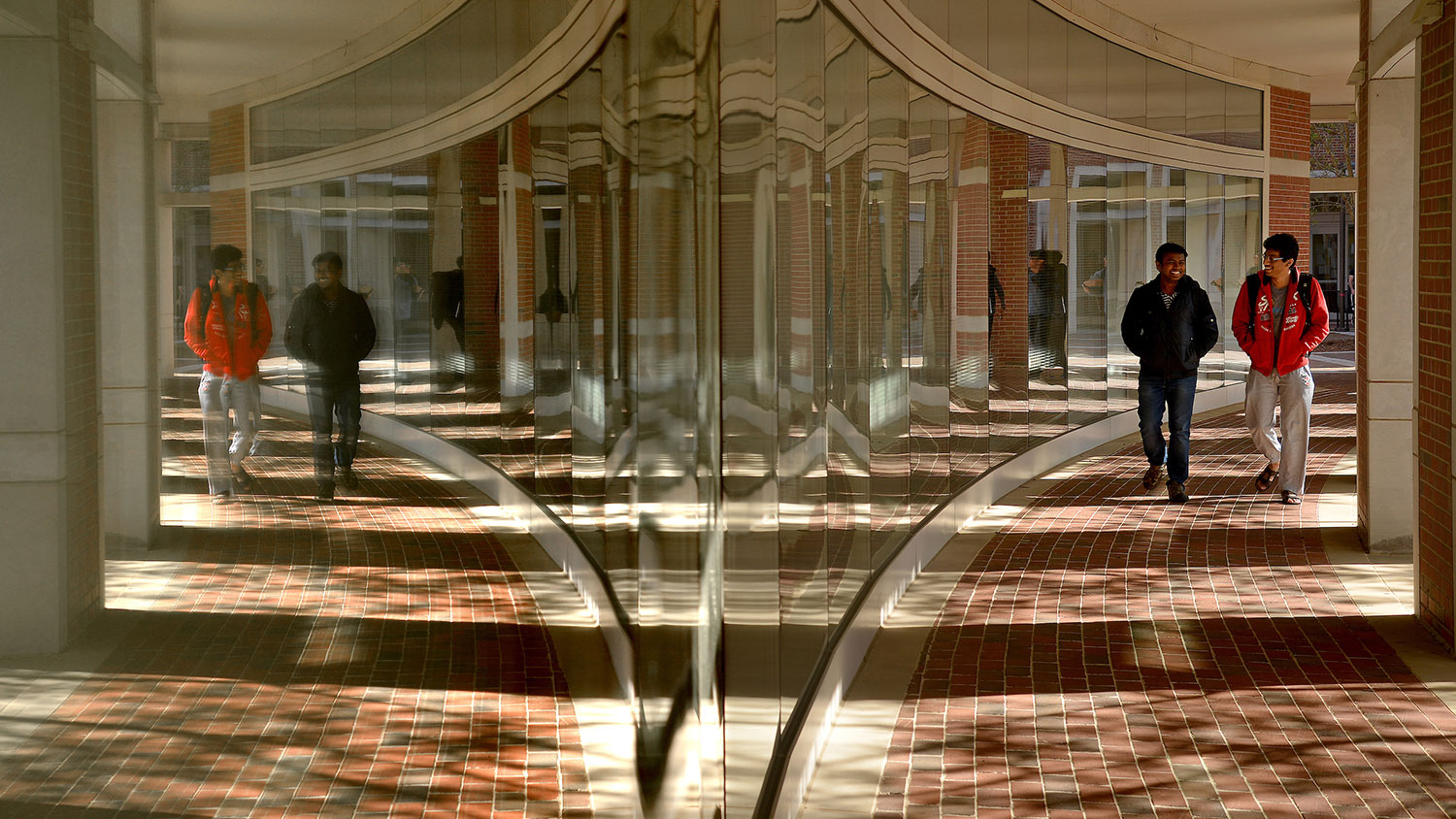Racial Equity Summit: Susan Jakes

NC State’s Racial Equity Summit will take place on Oct. 15. Read on to learn more about one of the facilitators.
 The upcoming Racial Equity Summit will examine issues pertaining to race and racial equity as they affect NC State. Several teams have been working concurrently since summer to prepare for the event. One of the team of trained facilitators, Susan Jakes will help guide participants through the half-day of intensive conversations.
The upcoming Racial Equity Summit will examine issues pertaining to race and racial equity as they affect NC State. Several teams have been working concurrently since summer to prepare for the event. One of the team of trained facilitators, Susan Jakes will help guide participants through the half-day of intensive conversations.
Jakes has an expansive view of both NC State and North Carolina, having started as a Ph.D. student in community psychology in 1994 and working with NC State Extension since 1995. After completing her Ph.D. in 2001, she continued with Extension and currently leads programs for Community and Rural Development.
Her professional role focuses on working within systems to create change for communities. This focus makes her a perfect fit for the Summit and its critical work.
She describes one of the tasks of community development as helping to expand the voices of those in the community, asking who benefits from decisions being made, and including those who might have previously been excluded, with an emphasis on finding win-win solutions that help the whole community.
She and her staff work on projects affecting the entire state, including some national projects, collaborating with agents in counties across the state and drawing from numerous grants.
Appreciative Inquiry
At the Summit, Jakes will use her knowledge of the Appreciative Inquiry framework conceived by David Cooperrider. The framework leverages an organization’s “positive core strengths” to design and redesign systems within the organization to “achieve a more effective and sustainable future.”
Jakes learned about the method in the early 2000s. While not an expert, she frequently uses the Appreciative Inquiry approach and is particularly interested in helping people formulate positive questions that allow us to see issues in a new way, one of the central activities of the method.
While asking positive questions may not seem to be a provocative concept, using them to frame racial equity may be a new approach for some, especially within a subject that is full of pain and oppression. Jakes reflects that historically, we have set up a racialized system that is a win-lose proposition. She hopes new perspectives will help bring new ideas with creative ways to frame the issues within our own settings.
Some of the tenets of Appreciative Inquiry include being creative in looking for new solutions, building on the good that already exists, starting with modest goals, discovering new ideas, and using a “generative” approach to create rather than try to fix systems.
Jakes says, “The approach is forward-looking. Instead of solving problems, it focuses on changing the system. It’s ultimately very hopeful. It focuses on the best of what is and how to make it happen more. It’s really powerful.”
Another hallmark of Appreciative Inquiry is that it helps people have conversations to envision new ways of doing things and be a community. For example, Jakes suggests, “What would it look like if all students came to NC State and really feel like they belong, can be their whole selves and can thrive? What does equity really look like?”
Looking Forward
Jakes knows that change won’t happen overnight, conceding that “racial issues are like water in America; we are completely swimming in them, they are embedded in our systems and therefore take work to be made visible.” But she knows that organizations have seen great change by using the framework to put a bigger light on problems and create something new. It doesn’t invalidate essential anti-racist work but adds another layer to the conversation that outlines the ideal we seek.
In closing, Jakes says she has a very positive outlook on where we as a university are headed in terms of racial equity. She says, “I have hope that this Summit will bring a lot, if people will allow themselves to get out of the problem space and into an appreciative space. You play with new ideas and come up with things you’ve never thought of before.”
- Learn more about the Racial Equity Summit.
- Categories:


